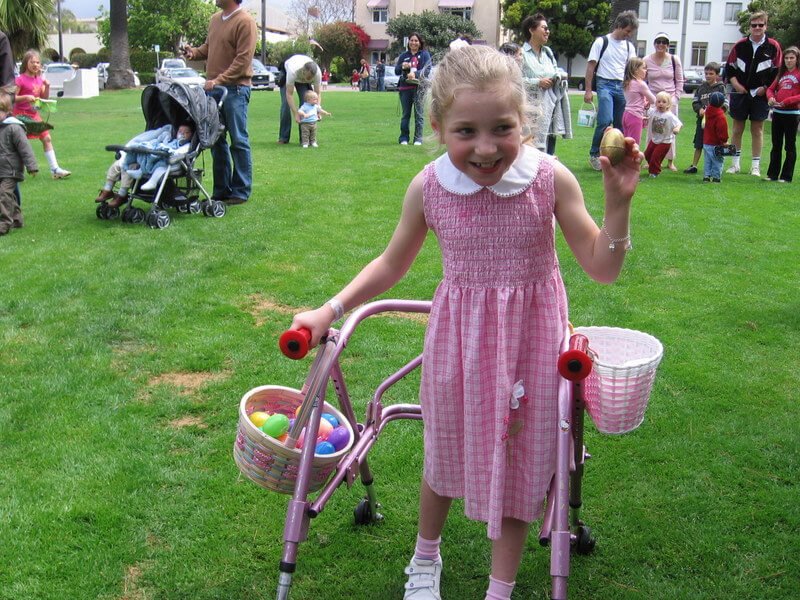The following is an editorial summary.
The utility of whole genome sequencing is a topic of debate, but in this feature-length story Ed Yong provides a compelling study of a case where whole genome sequencing made all the difference.
Lily Grossman suffered with severe muscle tremors that kept her awake at night for 13 years, until she had her genome sequenced by the team behind the IDIOM study (Idiopathic Diseases of Man) at Scripps Translational Science Institute in La Jolia, California. An excerpt:
The Scripps team sequenced Lilly [and her parents’] complete genomes. Amidst the morass of As, Gs, Cs and Ts, they identified the likely causes of Lilly’s mystery condition—three mutations in two different genes. One of these pointed the way to a potential treatment… When Lilly tried it, she gained a few weeks of sound tremor-free sleep.
View the original article here: “We Gained Hope.” The Story of Lilly Grossman’s Genome
Additional Resources:































